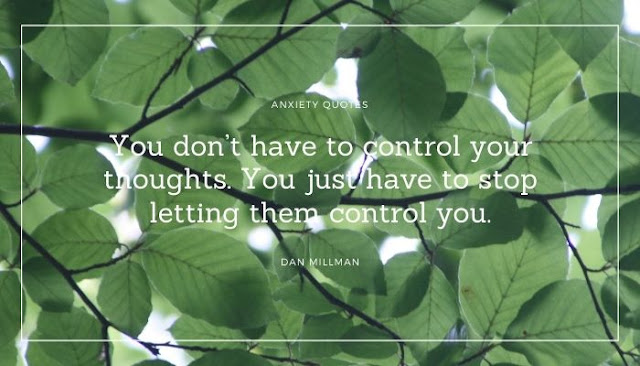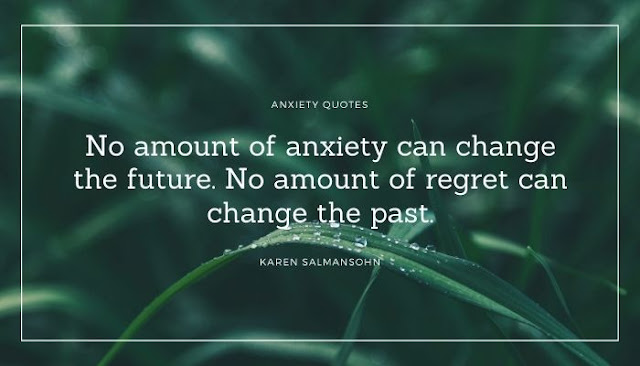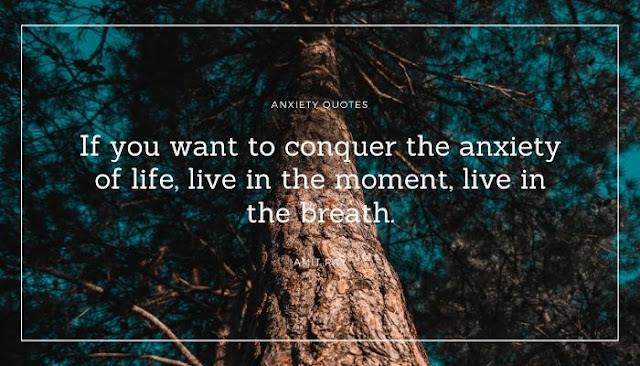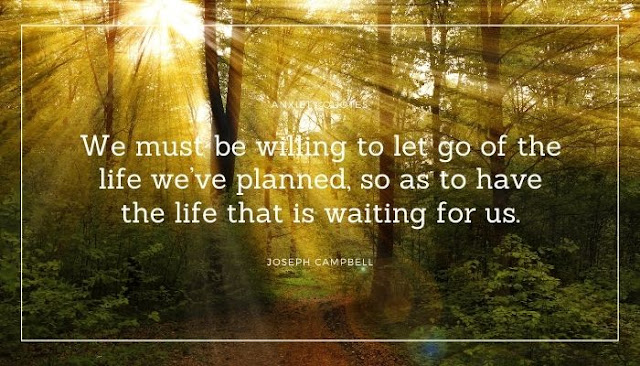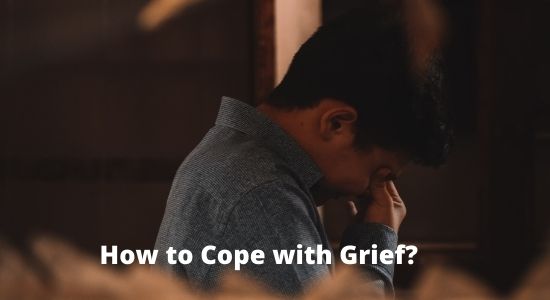You’ve apparently lost a loved one recently or possibly you’re mourning over a loss that occurred years ago and still upset when you recall about it.
Whatever your circumstance, it is possible that the shock is real and sometimes unendurable. Memories of the person, the last few moments with the person and the remainder of anything unspoken or unfinished is possibly keeping you away from your regular habit.
Everything about your life seems transformed overnight, including your sleeping and dining patterns. You possibly experience a deep sense of craving to see the person repeatedly or talk about anything left unspoken. You’re also likely to be believing guilty about stuff you can’t explain, and the sin doesn’t seem to go away. You miss the personality greatly and you hardly pinch yourself to consider he/she is no more on the planet. All this may lead you to feel a lack of strength, depression and possibly an increased pain in your stomach.
To cope with grief, A person needs to complete this cycle and this may take time depending upon individuality and context. One thing you must agree with us that the grieving is not a simple process and sometimes we can make it harder on us by probing personally for going through these sensations. Therefore the initial step to help yourself is to understand that it is common to feel these sentiments and that people over the globe who are in pain are apparently holding the same way as you are.
You have to go through the grief cycle where you will face all the possible grief stages. And time for completing these stages will vary for the different person. Some people got the power to process all these stages in a fast way and some got less power to process. Here are the grief stages that you will encounter in this period.
The 5 Stages of Grief
- Denial
- Anger
- Bargaining
- Depression
- Acceptance
Lets explorer them one by one.
Denial
Denial assists us to minimize the awful pain of loss. As we prepare the fact of our destruction, we are also trying to endure emotional distress. It can be difficult to understand we have lost an influential person in our lives, particularly when we may have just met or spoken with this person the past week or even the last day. Denial may take the form of theories like “This is unreal”, “This is a dream”.
Anger
Anger is common to experience after the death of a loved one. The extreme emotional discomfort and so much to process can lead to anger and allows us an emotional outlet.
Bargaining
When coping with death, it isn't uncommon to think so extremely that you are ready to do almost anything to ease or reduce the pain. The mind at this step can be consumed into believing “I’ll do anything to undo this event”.
Depression
When the third stage no longer feels like a possibility and we are met with what is happening. We start to feel the death of our loved one more generously. As our fear begins to wane and the loss feels more present and unavoidable results sadness grows that turn into depression.
Acceptance
When we come to a stage of acceptance, it is not that we no longer feel the sadness. However, we are no longer holding the reality of our state, and we are not fighting to make it something unusual. This is the last stage of grief and here we accept what happened to our loved one and try to do usual things.
Experiencing these sentiments by moaning, revealing will help you cope with the grief, thereby aiding you to reach the stage of recognition in a more healthful way. While talking to a colleague or relatives surely helps, you could also think to talk it over with someone you don’t know, who will allow an unbiased, purpose and emotional connection in a safe and secret place so that you can feel free to be yourself without considering judged.
If you need help with processing your grief the consider betterLYF grief counseling. At BetterLYF, we have trained counselors who can assist you at whatever stage of grief you are undergoing right now, supporting you cope with the loss by emotional assistance.


